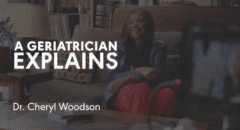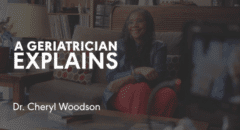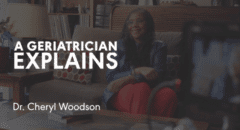
Older Blacks are twice as likely as whites to develop Alzheimer's disease. However, following a particular diet may help ward off the disease altogether. The MIND diet may help older people ward off Alzheimer's disease, a new study finds.
Alzheimer’s Disease: Black Americans Are Hardest Hit
Developed by the late Martha Clare Morris, who was a Rush University nutritional epidemiologist, and her colleagues, the MIND diet is a hybrid of the Mediterranean and DASH diets.
RELATED: 8 Foods to Keep You Sharp, Energetic, and Youthful
What is the MIND diet?
The MIND diet has 15 components, including 10 brain-healthy food groups and five unhealthy groups that include the following:
1. Green, leafy vegetables

Aim for consuming six or more servings a week of green vegetables such as kale, spinach, cooked greens and salads.
READ: Diets That Lower Brain Iron Could Keep You Sharp
2. Other vegetables

In addition to green, leafy vegetables, you should add non-starchy vegetables such as amaranth or Chinese spinach, artichoke, asparagus, baby corn, bamboo shoots, beans (green, wax, Italian) and bean sprouts. Non-starchy vegetables have a lot of nutrients with a low number of calories.
3. Berries

Berries like strawberries, blueberries, raspberries and blackberries also provide antioxidant benefits meaning they can reduce your risk of heart disease and cancer. Try consuming them at least twice a week.
4. Nuts
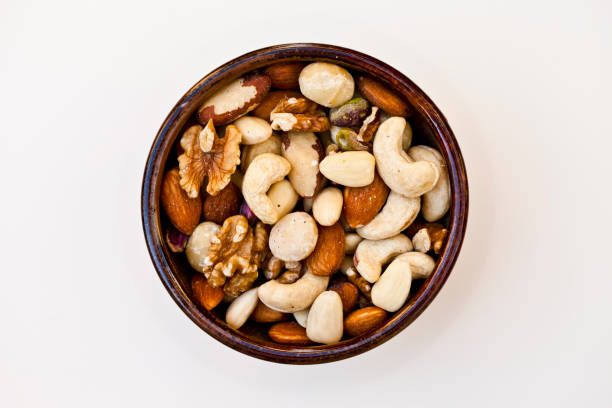
Consuming at least five servings of nuts a week can
provide you with a variety of nutrients.
5. Olive Oil

When cooking, try substituting other oils for olive oil.
RELATED: Getting Older is Inevitable – Alzheimer’s and Dementia are Not
6. Whole Grains
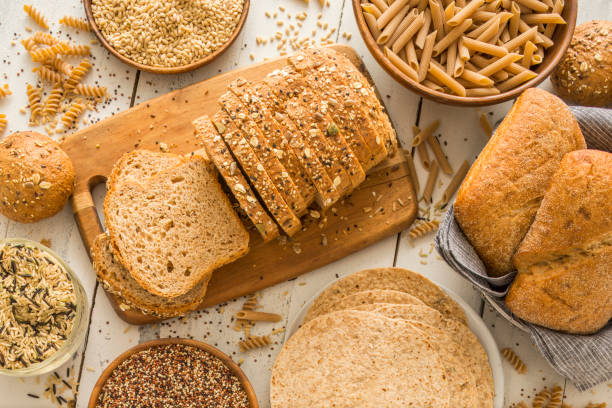
Aim for at least three servings daily of whole grains like oatmeal, quinoa, brown rice, whole-wheat pasta and 100% whole-wheat bread.
7. Fish
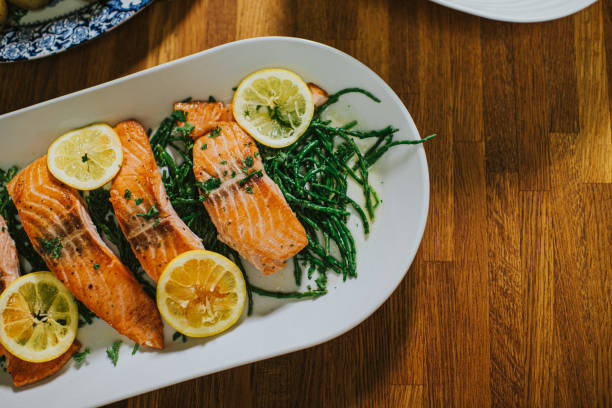
Try consuming fish with high amounts of omega-3 fatty acids such as salmon, sardines, trout, tuna and mackerel at least once a week.
READ: These 5 Behavior Changes Could Be Early Signs Of Alzheimer’s
8. Beans

Beans such as lentils and soybeans should be included in at least four meals every week.
9. Poultry

Chicken and turkey should be consumed twice a week. However, fried chicken is not encouraged by the MIND diet.
10. Wine

While both red and white wine benefits the brain, research has focused on the red wine compound resveratrol, which may help protect against Alzheimer’s disease. You should consume no more than one glass of wine daily.
Even if you are unable to consume the targeted amount of servings, research shows that even a moderate amount can reduce your risk of Alzheimer's disease. However, the more you stick to the MIND diet, the better your results will be.
But people must watch their consumption of unhealthy foods, including limiting butter to less than 1 1/2 teaspoons a day and eating less than one serving a week of sweets and pastries, whole fat cheese, and fried or fast food.
"Diet changes can impact cognitive functioning and risk of dementia, for better or worse. There are fairly simple diet and lifestyle changes a person could make that may help to slow cognitive decline with aging, and contribute to brain health," Dr. Klodian Dhana, an assistant professor in the division of geriatrics and palliative medicine at Rush Medical College in Chicago says.
Before making any drastic changes to your diet, it may be helpful to consult with your doctor and make sure it is safe.






